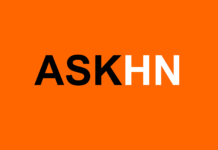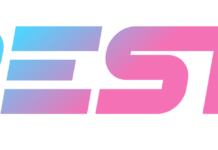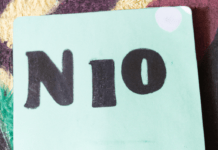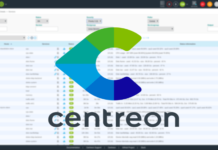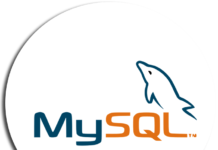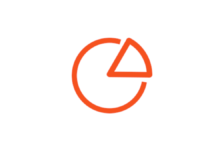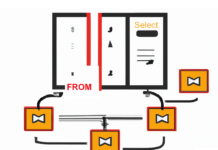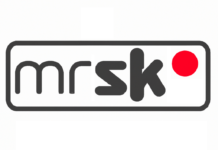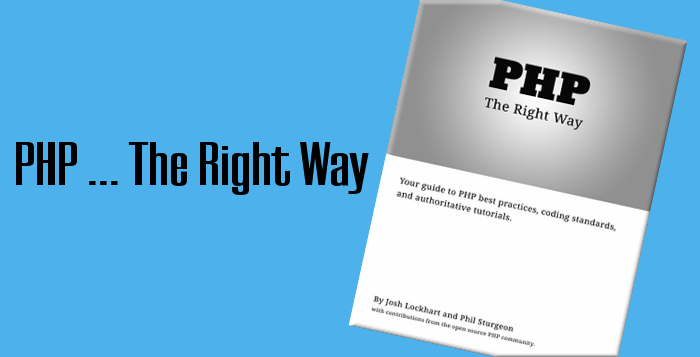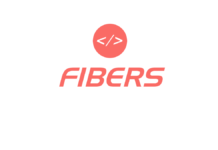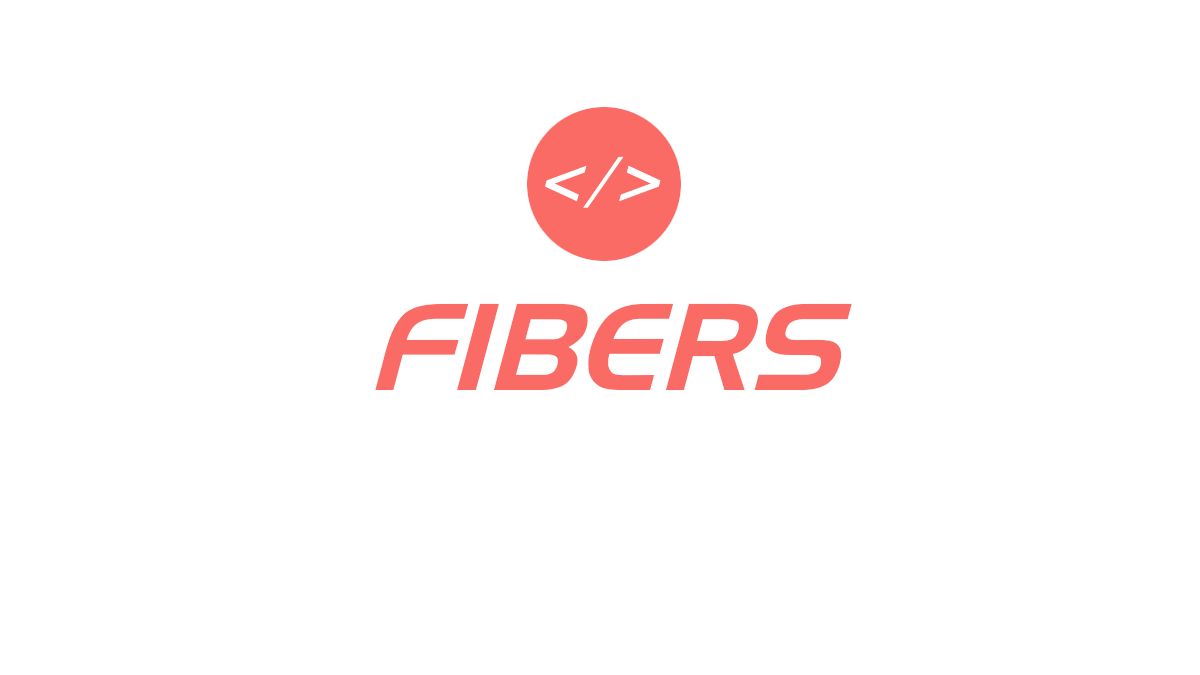We continue this week’s security series with a free eBook titled PHP : The “Right” Way, which claims to be your guide to PHP best practices, coding standards, and authoritative tutorials. And so far, it is actually the best and most updated resource that you can find in this field.
From the website you can notice it was updated 23 hours ago, and it’s written and maintained by Phil Sturgeon and Josh Lockhart. The project is available on github so you can also contribute, fork, translate … etc.
The book is already translated into 19 languages including English, Bulgarian, Chinese (Simplified), Chinese (Traditional), French, German, Indonesian, Italian, Japanese, Korean, Polish, Portuguese, Romanian, Russian, Slovenian, Spanish, Thai, Turkish and Ukrainian. So you have no excuse if you are not native English speaker and looking to understand the best practices for PHP programming.
There’s a lot of outdated information on the Web that leads new PHP users astray, propagating bad practices and insecure code. PHP: The Right Way is an easy-to-read, quick reference for PHP popular coding standards, links to authoritative tutorials around the Web and what the contributors consider to be best practices at the present time.
The cover everything a PHP programmer should know from the current stable version until resources and community links, and that’s the power of PHP : it’s community. Of course “There is no canonical way to use PHP” however there are always some recommendations and best practices from PHP experts that will not only make your life easier, but also make your code safer and more secure.
Inside the book you will find topics like : Language highlights, Dependency management, Coding practices, Dependency injection, Databases, templating, Errors and Exceptions, Security, testing, Servers and deployment, Virtualization, Caching, and Documenting your code.
You can read PHP: The Right way online, or for your convenience get it in your reader’s format PDF, ePUB, or MOBI from this address https://leanpub.com/phptherightway. Released under a creative commons license.

